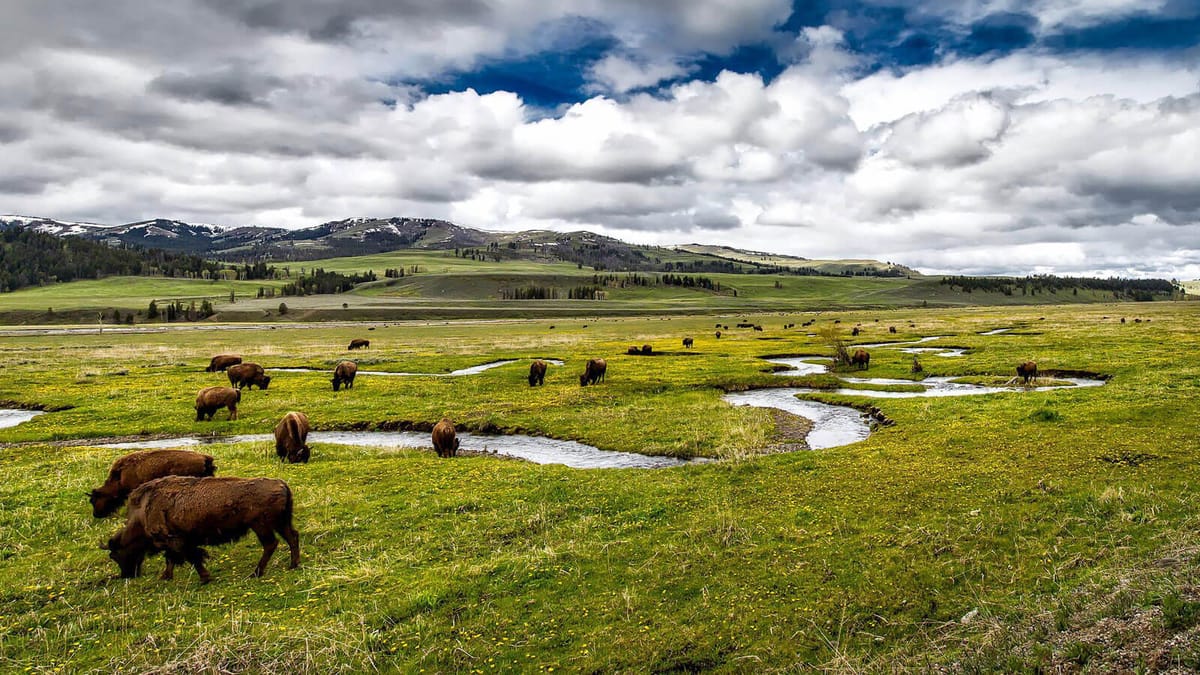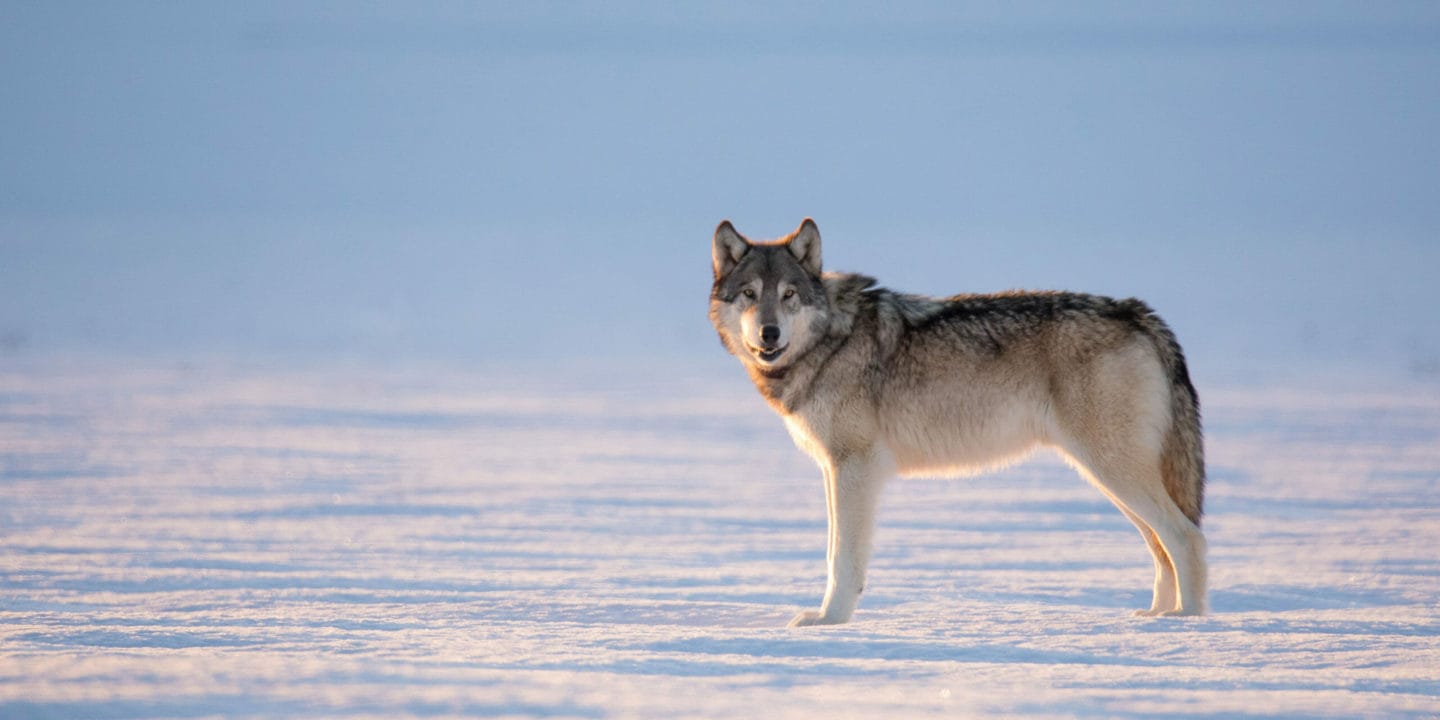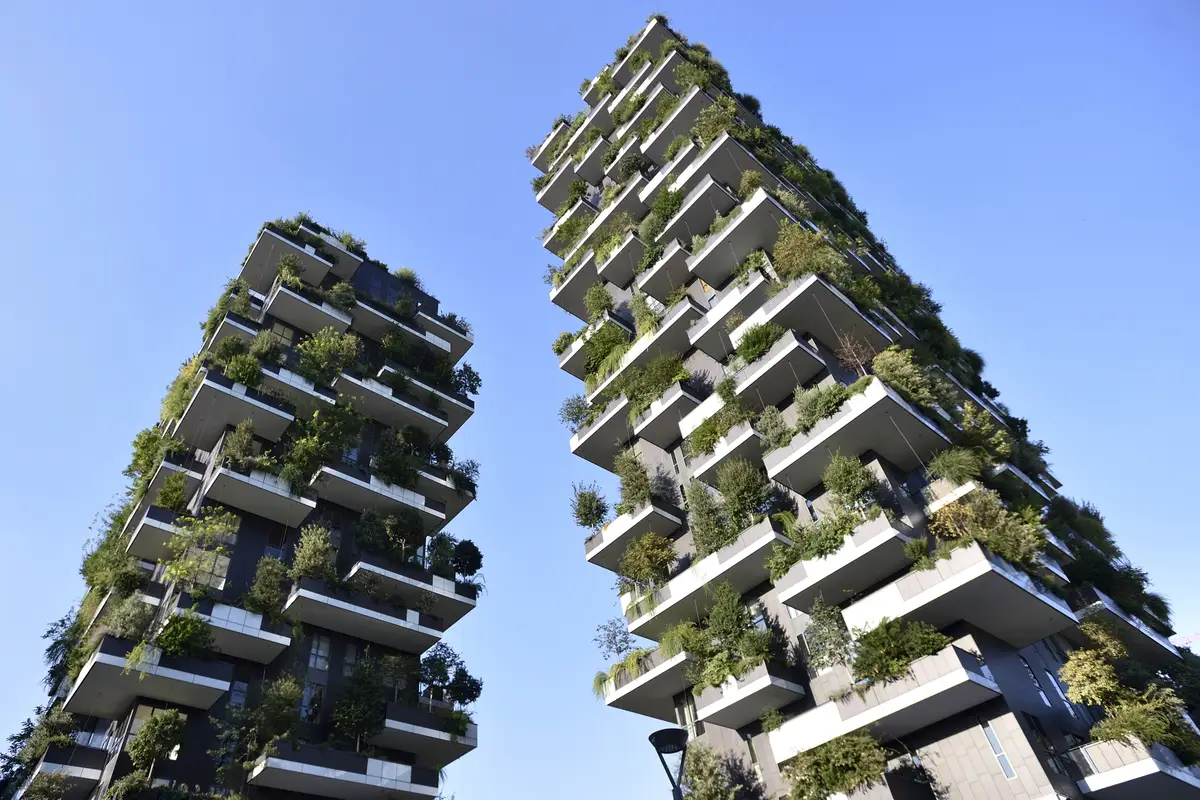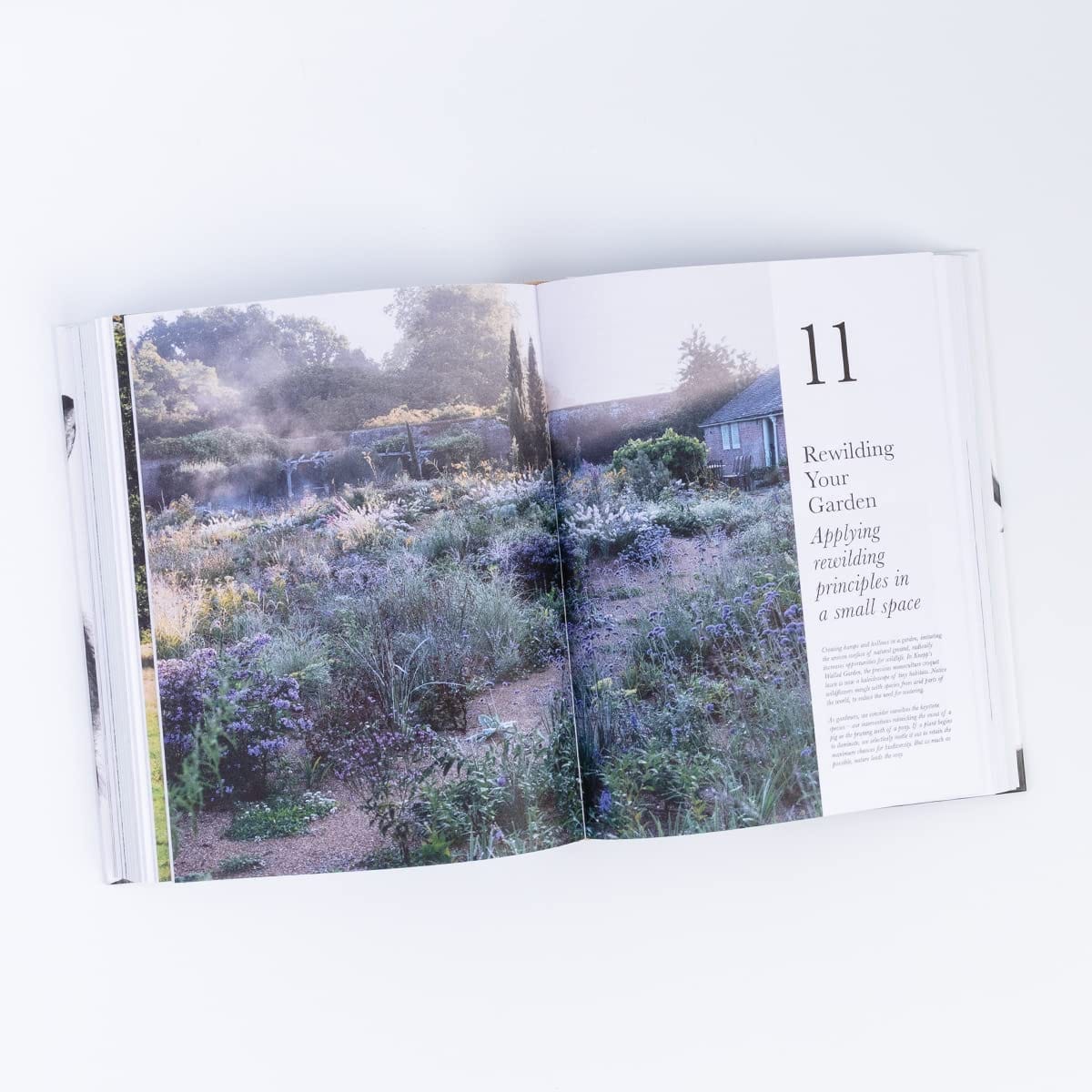It's Time to Embrace Eco-Optimism

We are embedded in the Earth, products but also co-engineers but also co-dependents but also co-inhabitants of nature.
This shouldn't be controversial, but human exceptionalism wields its power with an iron grip, refusing to give way even while the "benefits" of extractive energy sources become less real and require more illusion, more taxpayer-funded scaffolding, more stealing-from-our-future to maintain. We know the story: the leaders of Monsanto, Exxon, Google's fields of data centers, Nestle--they view humans as divinely ordained conquistadors of the world, heaven-impelled to rip as much wealth from our ecological, economic, and social livelihoods as they can, the Future be damned.
They are not the only exceptionalists out there. The normal salves proposed to the gaping wounds wrought by extractive industries are, themselves, exceptionalists, wrapped in ascetic fatalism that has more in common with the blackpilled denizens of r/collapse than true ecological symbiosis. Entrenched in nihilism, self-flagellation, and a zero-sum calculus that requires the designation of Ultimate Losers, the conventional way of philosophically dealing with the enormity of eco-climate destruction can be put as such: "Humans are uniquely capable of wrecking nature, so we must uniquely punish ourselves in recompense."
Such prostrating on the altar of Grand Sacrifice is a false prophet. The greatest enemy to the movement to help Earth recover is the continued insistence on characterizing climate truth as "inconvenient." Turning ourselves into a species both benfiting from and contributing to the largesse of nature's power does not require giving up our creature comforts, our enjoyment of material possessions, our connectedness throughout the world, or our mobility.

Exxon and the coal companies and Peter Thiel and Eric Prince and Ryan Zinke win when people accept the false claim that climate progress will require discomfort, sacrifice, a lower quality of life. This is not just false, it is dangerously false. Yes, climate progress will induce some discomfort, in that any change can be moderately uncomfortable. However, humanity reclaiming its status as one of many species operating in a global web of natural interactions and transformation, and contributing to ecological homeostasis, will make your entire life demonstrably better. This is the dirty (but actually wonderful and magnificent) secret that has been hidden from us: solving climate change can and will make your day to day operations as a person profoundly healthier, more joyful, and easier.
Let me provide some examples by starting with the conventional framing of sacrifices and turning then toward what research suggests will actually help.
The Sacrifices (False Prophets):
- Eat less meat, get rid of beef entirely.
- Reduce our reliance on residential power, especially by reducing use of air conditioning and heating.
- Massively reduce traveling, especially plane travel.
- Ban residential yards, prohibit excessive water for gardening.
- Stop using plastics, especially single-use plastics.
The Benefits (What Will Actually Help):
- Replace extractive energy with renewable energy, eliminating large sources of air pollution and toxic chemical spills;
- Rewild forests, improving drought tolerance, increasing biodiversity (with aesthetic and ecological benefits), and building wildfire resilience;
- Rewild grasslands, especially via reclaiming farmland, providing huge carbon sinks while increasing both recreational and ecological value;
- Increase walkability of our towns, incentivizing community-building and community support networks;
- Build clean forms of transit, such as rail lines, making mid-range travel fast, affordable, and safe;
- Combine all-electric efficient HVAC (like heat pumps) with renewable power;
- Replace invasive, water-intensive grasses for residential yards with resilient, sturdy, native grasses/flowers/plants that require less work, look better, and produce wildlife corridors;
- Eat less but better meat, produced via rewilding operations (such as bison, pigs, and pasture-raised chickens in the U.S., cattle and pigs in Europe);
- Replace plastics with sturdy, reusable containers that are more versatile and less harmful (via microplastics) than single-use containers
I should be clear that I am not arguing that achieving those benefits will be easy. On the contrary, the power of extractive industries means that the road will be difficult. What I am claiming here is that this battle is intrinsically worth fighting, not just because climate change must be stopped, but because the solutions to climate change have immediate, proximate, in-your-face benefits to your quality of life.
The solarpunk artistic and literary movement is kind of having a moment right now, for good reason: people need reason to feel hopeful. However, despite its future-looking, often utopian focus, solarpunk gets closer to the truth of what climate progress will look like than most of our current politicians and activists. As Annie Levin writes in an excellent Current Affairs article/book review about the movement, "Solarpunk looks towards a post-capitalist future of renewable energy. It rejects climate 'doomerism' and shows what our collective future could look like if we heal our relationship with the natural world."

I've been reading many books about rewilding, including the excellent (albeit United Kingdom-focused) Book of Wilding by Isabella Tree and Charlie Burrell. Rewilding heavily influences the philosophical outlook of solarpunk, but rewilding books focus on projects that we already know 1) are highly beneficial to the climate and 2) can be done right here, right now. Diving into the world of rewilding soothes the soul: increasingly supported by scientific research, rewilding demonstrates how "less is more" really can apply to climate change mitigation and environmental regeneration. The key to why this is the case--and the thing that has most kicked off the solarpunk renaissance--is the simple observation to embrace complexity in ecosystems.
Paradoxical, perhaps, but also fundamentally logical. The idea is that the world wants to rebalance, and in situations which have become unbalanced, it only requires greasing the gears to get the flywheels spinning again. Nature, it turns out, will build quite a lot of the necessary conditions for mitigating climate change. We just need to identify the places where we can reconnect networks and help restart the systems.

These days, I'm often yelling about how people should kill their lawns and replace them with native grasses, flowers, plants, and trees because individual steps do matter. They matter when we accept that systems can be fixed from the bottom up, and that small things, when connected, can have positive emergent properties that are larger than the some of their parts. Yes, one person killing their lawn and replacing it with natives will not outweigh the horrific environmental crimes done by the oil and coal companies. But if 50 people in a neighborhood do it, their newly revitalized yards can act in tandem with one another to create wildlife corridors, which allow for bees, birds, small mammals, and other pollinators to have nearly unbroken chains of hospitable environments, which allow for the ecosystem of the entire neighborhood to become more diverse, more resilient, and healthier. And then the neighborhood can connect with other nearby neighborhoods, and then they can build up to the town level, and then the state level, and then the national level... you get the idea. Nature is built on emergence. It wants to produce impacts that are more than the some of its parts, that only are achieved because of that interconnectedness.
It's become a common refrain among leftists, for some good reason, to say that "individual actions don't matter" because the big corporations are by far the biggest producers of greenhouse gases and thus nothing will change until the corporations change. There is an element of truth to this, in that we do need to wind down the extractive industries. That will take a while, but it is already happening (another reason to be hopeful, as solar and wind power are cratering in cost, as is battery storage).
Perhaps nothing we do as individuals matters in a vacuum. But we rarely, if ever, act in a vacuum. Most everything we do is in relation with our families, friends, neighborhoods, and larger networks. We replace our lawns together, and not long after we have an urban wildlife oasis. We work with one another to calm traffic and loosen zoning laws in our town, and we produce a place that is cleaner, safer, cheaper, more inclusive place to live that both mitigates climate change and helps our elderly maintain their cognitive abilities. We support local farmers by buying meat that is, yes, more expensive, so it'll be less frequent, but also tastes better and is havested from a rewilding project, and we soon have open space and public lands that have fewer invasives, more native plants, and are better carbon sinks. And all of these actions I just listed will produce conditions that make our lives more comfortable.
I could write about this forever, but in the interest of some brevity, I will wrap up here. Resist doomerism, embrace ecological complexity and eco-optimism, and recognize that individual actions matter a lot when they are done in collaboration with your network.